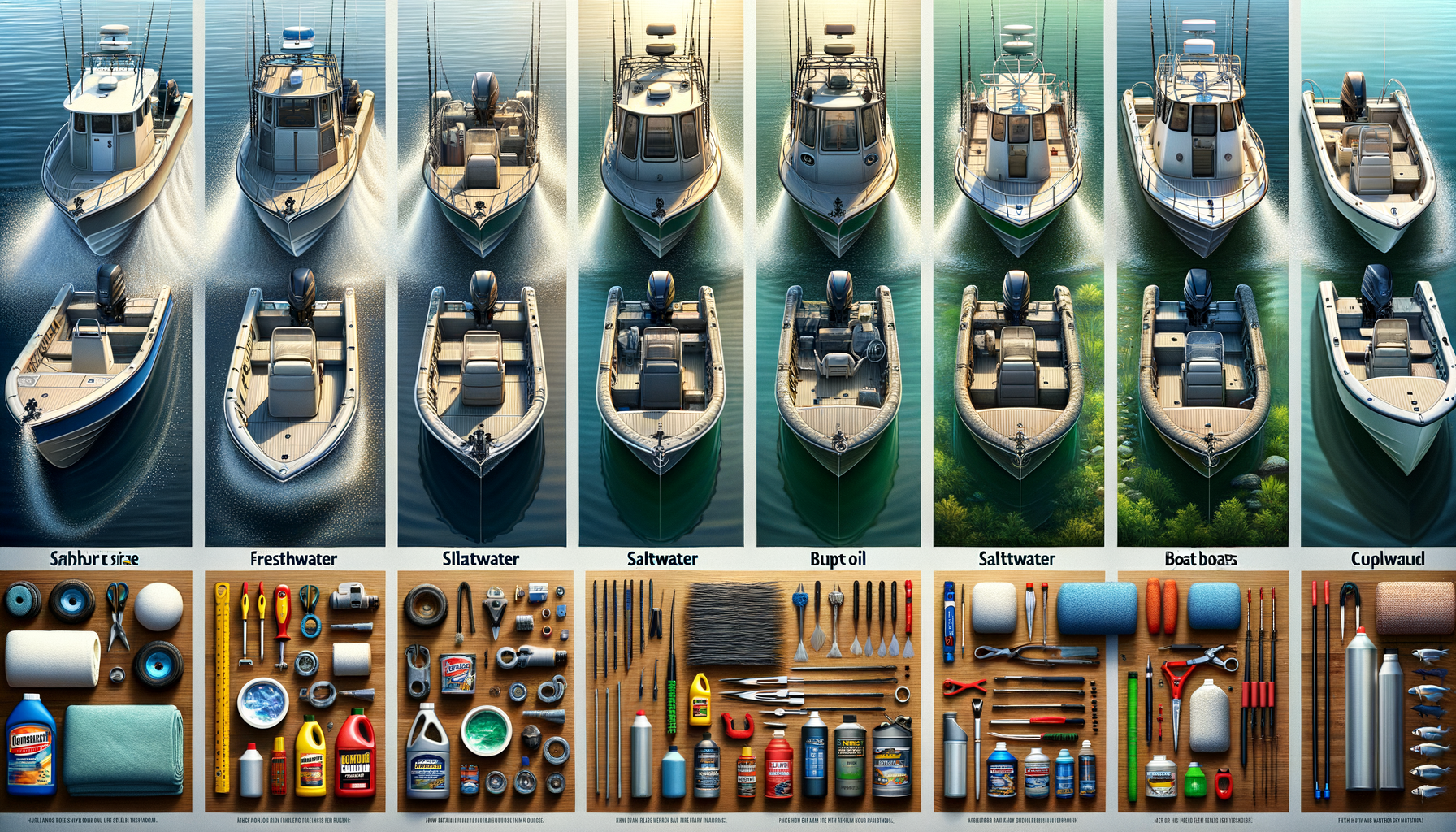Introduction
Fishing is not just a hobby; it’s a passion that connects enthusiasts to the great outdoors. Choosing the right fishing boat is crucial to enhancing this experience, as it can significantly impact your comfort, safety, and success on the water. In this comprehensive guide, we’ll explore how to choose the right fishing boat for your needs, compare key features of freshwater versus saltwater boats, and provide maintenance tips to ensure your vessel’s longevity.
Choosing the Right Fishing Boat for Your Needs
When selecting a fishing boat, it’s essential to consider your specific requirements and preferences. Here are some key factors to guide your decision:
- Type of Fishing: Determine whether you’ll primarily fish in freshwater or saltwater, as this will influence the type of boat you need. Freshwater fishing often requires smaller, more maneuverable boats, while saltwater fishing may demand larger, more robust vessels.
- Fishing Location: Consider where you plan to fish. Lakes, rivers, and coastal areas each have unique characteristics that may require different boat features.
- Budget: Set a realistic budget that includes not only the purchase price but also maintenance, storage, and insurance costs.
- Boat Size: Choose a size that accommodates your fishing party and equipment comfortably. Remember, larger boats may offer more stability, while smaller boats can be easier to handle and transport.
By evaluating these factors, you can narrow down your options and select a boat that aligns with your fishing goals and lifestyle.
Key Features to Compare in Freshwater vs Saltwater Boats
Once you’ve determined the type of fishing you’ll be doing, it’s time to compare the key features of freshwater and saltwater boats. Here are some aspects to consider:
- Hull Design: Freshwater boats often have flat or V-shaped hulls for smooth navigation in calm waters, while saltwater boats may feature deep-V hulls to handle rough seas.
- Material: Saltwater boats typically use materials resistant to corrosion, such as fiberglass or aluminum, to withstand the harsh marine environment. Freshwater boats may not require such robust materials.
- Engine Power: Saltwater boats often require more powerful engines to navigate strong currents and waves, whereas freshwater boats can operate with less horsepower.
- Features and Accessories: Consider the specific features you’ll need, such as live wells, rod holders, or GPS systems, based on the type of fishing you plan to do.
Understanding these differences will help you choose a boat that is well-suited to your fishing environment and needs.
Maintenance Tips for Long-Lasting Performance
Maintaining your fishing boat is crucial for ensuring its long-lasting performance. Here are some maintenance tips to keep your vessel in top condition:
- Regular Cleaning: Rinse your boat with fresh water after each use to remove salt, dirt, and debris. This helps prevent corrosion and keeps your boat looking new.
- Inspect and Repair: Regularly check for any signs of damage or wear, such as cracks, leaks, or loose fittings, and address them promptly to prevent further issues.
- Engine Maintenance: Follow the manufacturer’s guidelines for engine care, including oil changes, filter replacements, and regular inspections.
- Storage: Store your boat in a dry, covered area when not in use to protect it from the elements. If storing outdoors, consider using a high-quality boat cover.
By adhering to these maintenance practices, you can extend the lifespan of your fishing boat and ensure it remains reliable for years to come.
Conclusion
Choosing the right fishing boat involves careful consideration of your fishing habits, environment, and personal preferences. By understanding the differences between freshwater and saltwater boats and adhering to proper maintenance practices, you can select a vessel that enhances your fishing experience and remains in excellent condition. Whether you’re a seasoned angler or a novice, investing in the right boat will ensure many enjoyable days out on the water.




Leave a Reply